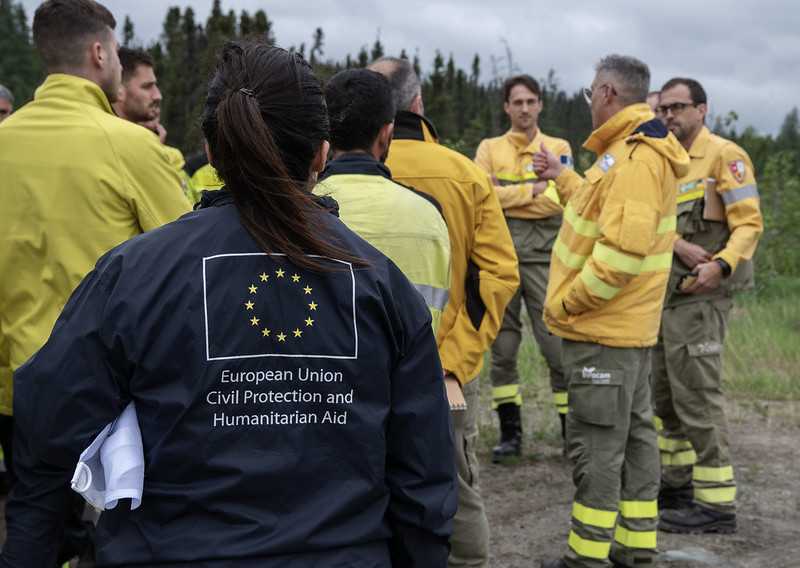Deployable Capacities Course - DCC
Course details
The Deployable Capacities Course (DCC) aims at providing participants with the necessary level of knowledge and skills required to perform competently during an international deployment under the Union Civil Protection Mechanism (UCPM) by covering all phases of a mission cycle. The course enhances the participants’ capability to fulfil the tasks and requirements as a member of the EU Module, other response and rescEU capacities and to integrate them into existing national and international coordination arrangements. This course also focuses on crucial issues of interoperability, self-sufficiency, logistics, communication and reporting.
Target audience
- EU Member States and UCPM Participating States’ Modules, other response and rescEU capacities’ key personnel, foreseen to deploy internationally under the UCPM
- Civil protection and disaster management personnel from eligible third countries (EU candidate and potential candidate countries)
Learning objectives
- Describe different types of modules, other response capacities, rescEU capacities and procedure to register them in the UCPM
- Demonstrate ability to adequately prepare for an international deployment inside and outside EU
- Apply the basic requirements for logistic planning, including transport, border crossing, Reception and Departure Centre, Base of Operations and demobilisation
- Undertake a stakeholders mapping and explain different coordination support structures and their functioning
- Establish an information management process and use information management tools
- Apply the fundamental safety and security principles
- Deal effectively with media and VIP
- Demonstrate the social and personal competences expected in international disaster response
This content is offered by the European Commission. The European Commission is the European Union's politically independent executive arm. It is alone responsible for drawing up proposals for new European legislation, and it implements the decisions of the European Parliament and the Council of the European Union.

Schedule
- Learning objectives (complete list)
- Selection criteria
- Training path and equivalence
- Participant's performance assessment and evaluation
- Methodology and duration
- Course agenda
- Course Calendar
- Learning and reading materials


